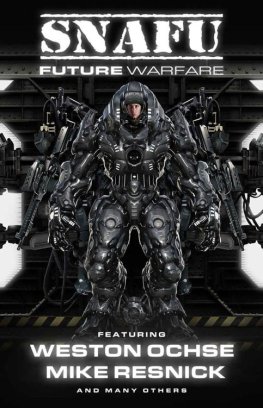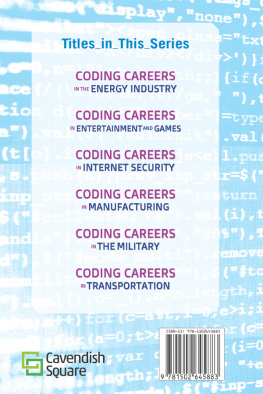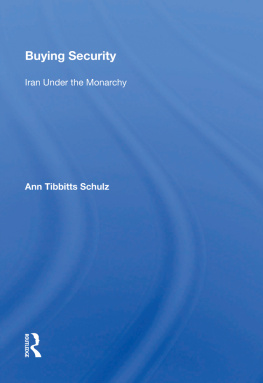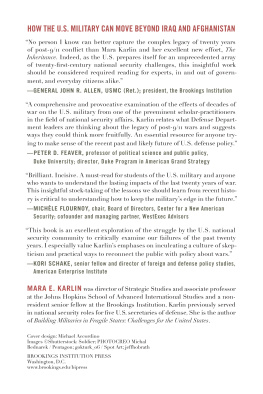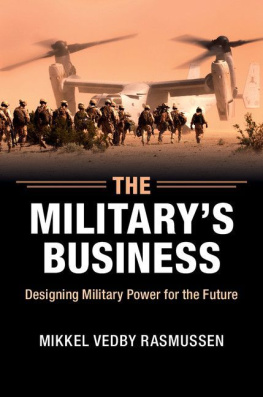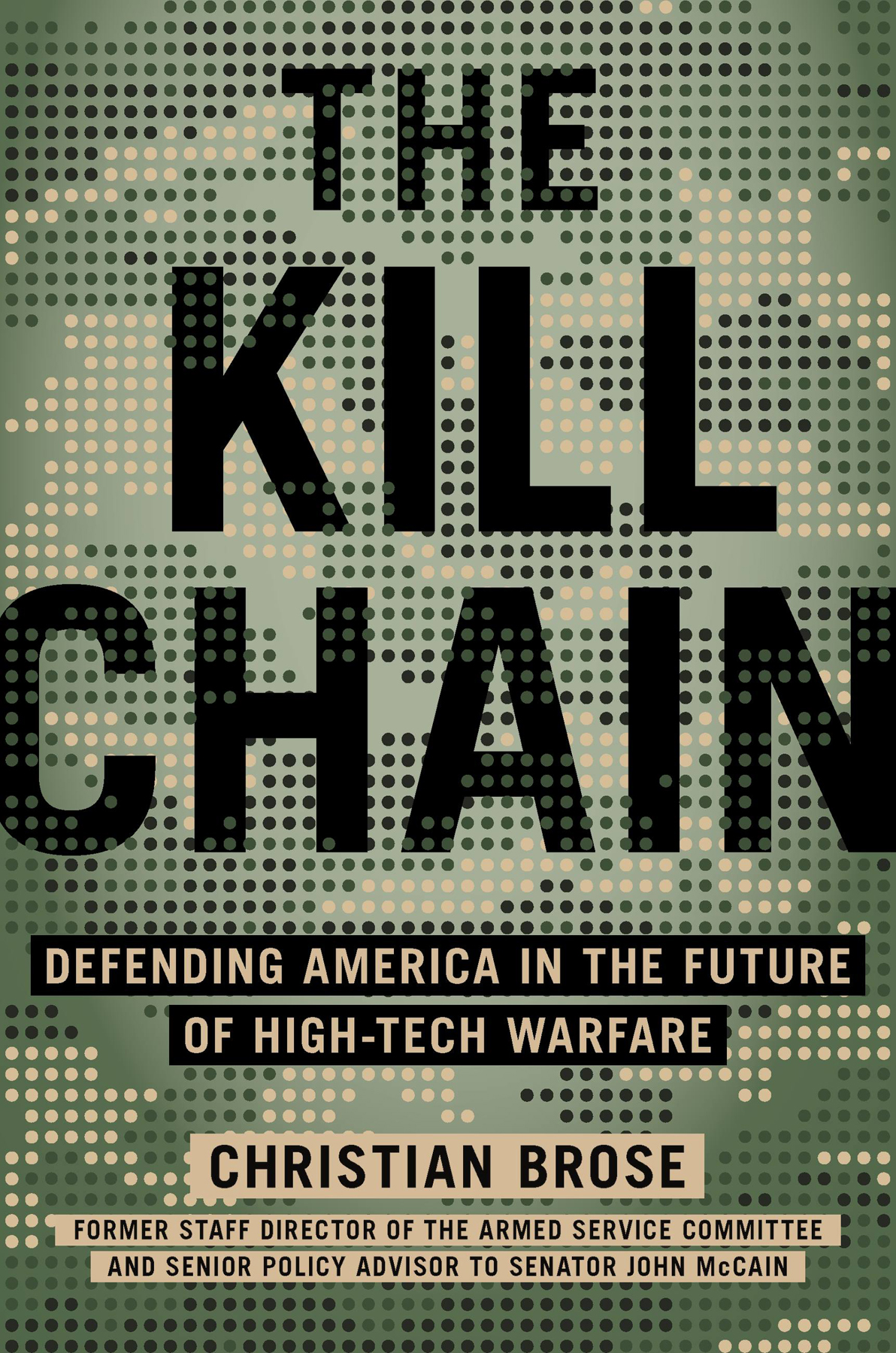Copyright 2020 by Christian Brose
Cover design by Amanda Kain
Cover illustration RazorGraphix/shutterstock
Cover copyright 2020 by Hachette Book Group, Inc.
Hachette Book Group supports the right to free expression and the value of copyright. The purpose of copyright is to encourage writers and artists to produce the creative works that enrich our culture.
The scanning, uploading, and distribution of this book without permission is a theft of the authors intellectual property. If you would like permission to use material from the book (other than for review purposes), please contact permissions@hbgusa.com. Thank you for your support of the authors rights.
Hachette Books
Hachette Book Group
1290 Avenue of the Americas
New York, NY 10104
HachetteBooks.com
Twitter.com/HachetteBooks
Instagram.com/HachetteBooks
First ebook edition: April 2020
Hachette Books is a division of Hachette Book Group, Inc.
The Hachette Books name and logo are trademarks of Hachette Book Group, Inc.
The publisher is not responsible for websites (or their content) that are not owned by the publisher.
The Hachette Speakers Bureau provides a wide range of authors for speaking events. To find out more, go to www.hachettespeakersbureau.com or call (866) 376-6591.
Library of Congress Cataloging-in-Publication Data
Names: Brose, Christian, author.
Title: The kill chain: defending America in the future of high-tech warfare / Christian Brose.
Other titles: Defending America in the future of high-tech warfare
Identifiers: LCCN 2019056319 | ISBN 9780316533539 (hardcover) | ISBN 9780316533362 (ebook)
Subjects: LCSH: United StatesMilitary policy21st century. | Military art and scienceTechnological innovations. | United StatesStrategic aspects. | ChinaStrategic aspects. | Access denial (Military science) | Weapons systemsUnited States. | Russia (Federation)Strategic aspects. | United StatesDefenses. | Strategy.
Classification: LCC UA23 .B7838 2020 | DDC 355/.033573dc23 LC record available at https://lccn.loc.gov/2019056319
ISBN 978-0-316-53336-2
E3-20200227-JV-NF-ORI
For Molly
O ne of the last conversations I ever had with John McCain in person was in the winter of 2017, shortly before he left Washington for the last time. We talked about how the United States could lose a war with Chinanot in the distant future, but now.
For most of the prior decade, I had been McCains principal advisor on national security and military issues. During the last four years of his life, when he was chairman of the Senate Armed Services Committee, I was his staff director. That meant I led a team of defense policy experts who supported McCain and his colleagues in authorizing and overseeing the entire US defense programevery policy and activity of the Department of Defense, every weapon it developed and bought, every dollar of the roughly $700 billion that it spent each year. McCain and I had access to the Pentagons most highly classified secrets and programs, and we regularly met with our nations top defense officials and highest-ranking military officers.
That is what we had just finished doing on that winter day in 2017. McCain had directed me to set up a briefing for all one hundred US senators about the problem that had haunted us and motivated our work together for the past several years: the accelerating erosion of the US militarys technological advantage over other great powers, primarily China, which was rapidly building up arsenals of advanced weapons with the explicit purpose of being able to fight and win a war against the United States. McCain wanted his fellow senators to know that America was falling behind and at risk of losing a race that most of them did not even know was being run.
For years, McCain and I had been pleading with Pentagon leaders to be clearer and more forthcoming with Congress and the American people about how bad things really were. They did not want to encourage our competitors by sounding defeatist, which was an apt concern. But it was a concern we had to overcome because it is impossible to solve a problem that no one knows exists. As it stood, the Chinese Communist Party knew far more about the US military and its vulnerabilities than the American people and their elected representatives did.
That year, things seemed like they were starting to change. The chairman of the Joint Chiefs of Staff, General Joseph Dunford, had testified to McCains committee in June. In just a few years, he said, if we do not change our trajectory, we will lose our qualitative and quantitative competitive advantage. In other words, the US military would no longer be the best.
A few months later, the RAND Corporation, a renowned nonpartisan research institute whose military analysis McCain and I consumed regularly, concluded in a major report that U.S. forces could, under plausible assumptions, lose the next war they are called upon to fight.
That assessment was echoed by a bipartisan commission of military experts that McCain had established through legislation that year to provide an independent examination of US defense strategy. They rendered their judgment to Congress shortly after McCains
McCain wanted the briefing that day to be a wake-up call to his colleaguesto provide many of the details behind these startling public pronouncements and to build greater support for the new technologies, ideas, reforms, and resources that McCain and I had been trying for years to champion. All ninety-nine of McCains Senate colleagues were invited. About a dozen showed up.
For those senators who were there, it was a depressing dose of reality. The person who provided the briefing that day was a former Pentagon official in the Obama administration named David Ochmanek. A year later, he spoke publicly about the many war gameswhat are essentially simulations of future warsthat he has conducted for the Department of Defense upon leaving government. The US military uses them to model actual campaigns against rival powers in which each side fights with the military forces that it realistically expects to have in the near future. The opponent is always the red team, and the US military is always the blue team, and this is how Ochmanek described what has happened in those war games for years now:
When we fight China or Russia, blue gets its ass handed to it. We lose a lot of people. We lose a lot of equipment. We usually fail to achieve our objective of preventing aggression by the adversary. Everyone assumes based on 25 years of experience that we have a dominant military establishmentthat when we go to war, we always win, we win big, and there isnt any question about this. And when
The truth is even worse than Ochmanek describes. Over the past decade, in US war games against China, the United States has a nearly perfect record: we have lost almost every single time. The American people do not know this. Most members of Congress do not know thiseven though they should. But in the Department of Defense, this is a well-known fact.
As McCain and I sat together at the end of the day, a pale winter twilight fading through the tall windows of his office in the Russell Building, he was clearly dejected. He slumped in his favorite antique chair and stared at the floor, his hands clasped together in front of his mouth.
How do you think it would go? McCain asked. A war against China, I mean.
Badly, I said.
No, really, how would it actually unfold?
What John McCain and I then proceeded to do deep into that darkening evening was imagine what would happen if the US military was called upon to fight China in the next few years. We agreed that the United States would not start the war unprovoked, but that a war could start, nonetheless, for any number of reasons. It might start with an incident at sea between Chinese and American warships that kills sailors on both sides and then quickly escalates. It could start with a Chinese attack on a US ally to which Washington feels obligated to respond. But no matter why a war might start, McCain and I saw it unfolding from there in much the same way.


